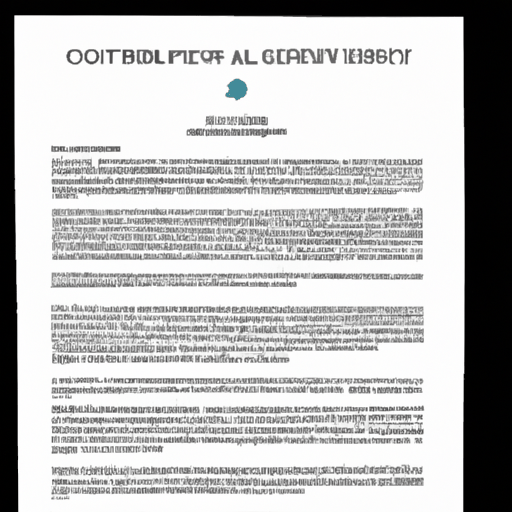
Trump Administration's Crypto Policy Report Sparks Questions Over Bitcoin Reserve
By: Isha Das
The Trump administration, veiled in a curtain of mystery, unveiled its most detailed policy report focusing on digital assets. Released by the President’s Working Group on Digital Asset Markets, the comprehensive 163-page document delves into various aspects of federal regulation concerning cryptocurrencies, yet leaves many crucial questions unanswered, especially regarding the proposed Bitcoin reserve. Despite the comprehensive regulatory roadmap, which consolidates positions on stablecoin regulation, tax reform, and federal market oversight, the review merely glosses over the strategic Bitcoin reserve initiative initially put forward in a January executive order.
This elusive reserve concept, aimed at leveraging Bitcoin and other digital assets for strategic advantage, received only a cursory mention. Its development appears to be in a nascent stage, with no concrete timeline or detailed revelations disclosed. The report's brevity on this subject has sparked intrigue and exasperation within the crypto sphere as speculation grows about the potential implications of such a reserve, especially when officials hinted at utilizing assets seized through enforcement actions for its foundation.
Significant legislative support, like the proposed BITCOIN Act by Senator Cynthia Lummis, underscores the ambition to accumulate strategic crypto assets, but these proposals are yet lingering in congressional debate. Amidst the speculation, the report underscores the administration’s ongoing legislative priorities through measures such as the Innovative GENIUS Act, which establishes regulatory benchmarks for stablecoin issuers, and the Clarity Act, an essential piece governing crypto market structures.
The document encourages proactive exertion of authority by the Securities and Exchange Commission (SEC) and the Commodity Futures Trading Commission (CFTC), advising them to facilitate digital asset trading as legislatures navigate a complex regulatory path. In tandem, discussions on tax reforms propose alleviating the compliance and tax burdens of crypto users by setting capital gains exemptions for low-value transactions and re-evaluating tax treatment of staking rewards. However, as the framework is appreciated for consolidating months of diligent regulatory endeavor, the ambiguity surrounding the federal crypto stockpiles raises concerns over the future strategic moves of the administration in the crypto domain.



